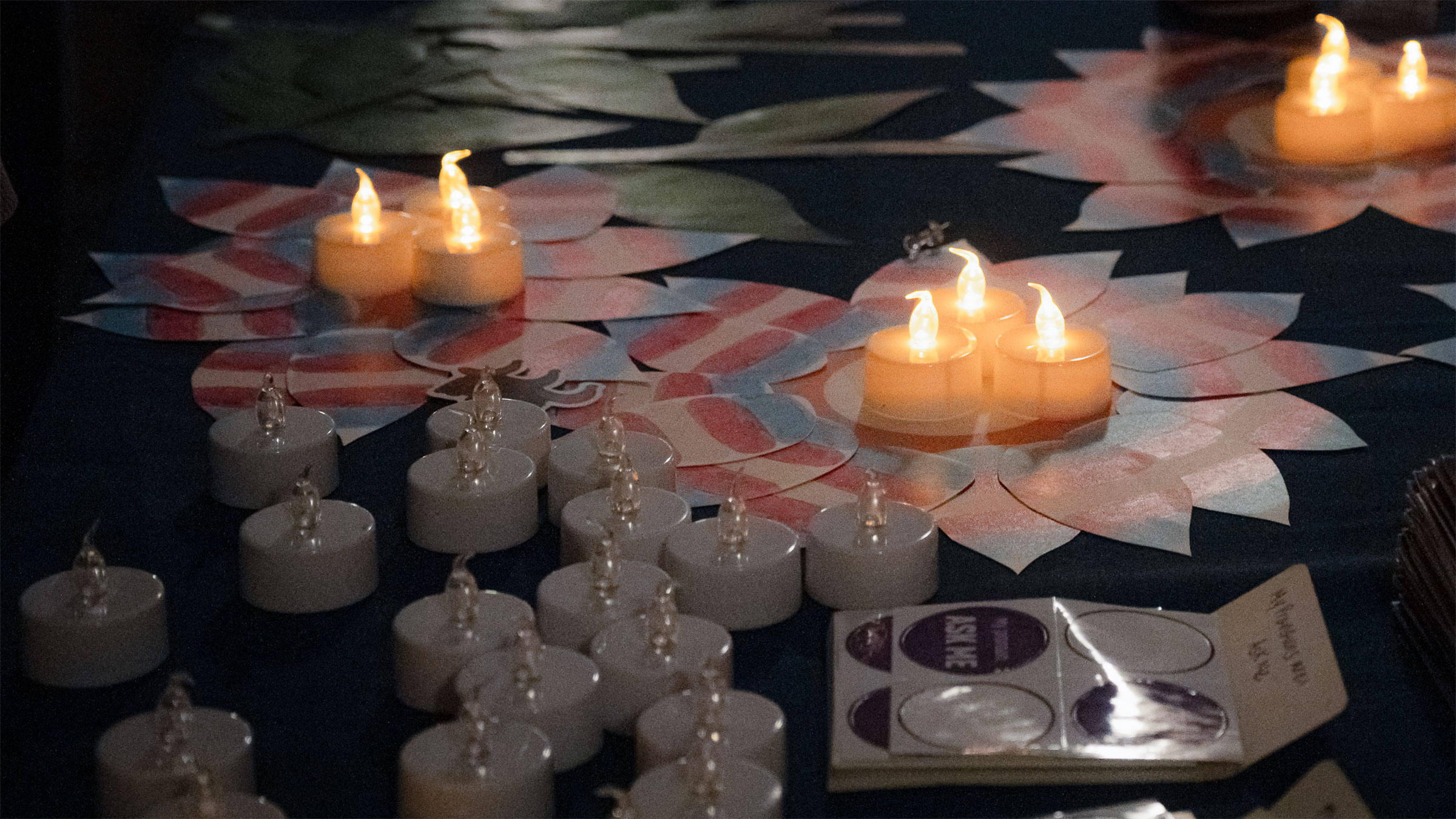It feels like, with every new year, the transgender community around the world is increasingly persecuted, scapegoated and victimized. Just this Tuesday, Alberta’s government invoked the notwithstanding clause against three laws that affect trans and gender-diverse people within the province.
The three laws, passed over a year ago, prohibit gender reassignment surgery for youths, ban puberty blockers and hormone therapy for those under 16, and mandate schools seek consent from parents when children below 16 ask to be referred to with different names or pronouns. The notwithstanding clause protects these laws against constitutional challenge, which two out of three were already facing at the time.
“This government does not turn to the notwithstanding clause unless the stakes warrant it,” Danielle Smith, Alberter’s premier, said to reporters on Monday. “In this case, the stakes could not be higher.”
Add this to the growing anti-trans sentiment in the United States and UK, as well as the rising violence and reduced tolerance of trans and gender-diverse identities in several countries around the world, and it is clear that violence towards the trans community is both extremely severe and urgent in our present moment.
Every year on Nov. 20, trans and gender-diverse people gather together with supportive allies to mark Transgender Day of Remembrance, a day commemorating the souls lost through anti-transgender violence. The ceremonies are often marked by candlelight vigils and a reading of all the names of trans and gender-diverse people who died within the past year.
Transgender Day of Remembrance began 26 years ago, after a small group of transgender activists decided to honour the violent murders of two Black trans women—Rita Hester and Chanelle Pickett—some years prior. The event’s date, Nov. 20, honours the anniversary of Pickett’s murder, a fittingly sombre origin to a heavy day.
Typically organized by Kamloops Pride, Kamloops’ Trans Day of Remembrance was held this year at the TRU clocktower. Its organizer, Noah Fischer, is the Manager of Gender and Sexual Diversity and Student Services here at the university.
“It just felt like a really special opportunity to take this on and be able to kind of showcase TRU’s commitment to honouring the trans community,” Fischer said. “It feels very special and privileged that I get to be the one to be in this position and do this. And it’s important, you know? I think it’s scary out there right now; it’s bleak. But we can’t let these opportunities pass us by to acknowledge our community and be there to support each other.”
The event, which began at 6 p.m. and lasted almost three hours, opened with the Kamloops Pride Choir performing moving renditions of heartfelt ballads, including The Village by Wrabel and What About Us by P!nk. Their voices, haunting, carried through the silent space, perfectly capturing the gravity of the moment.
This was followed by talks from several members of the trans and gender-diverse community present.
The speakers each stood in front of the large hall with a trans flag taped to the board behind them and another, digital flag projected onto an even larger screen above. They spoke of their experiences, their personal realizations and the obstacles they had to contend with every step of the way. Their candidness and vulnerability moved the audience to tears several times.
One speaker, Emily, reflected on the conundrum of hope. She explained that her life was drastically improved by coming out as trans, but the world also immediately became a harsher place. Her life post-transition, she said, was filled with trauma and pain.
“And yet, I’m still here,” she told the crowd. “And I still want to be here. I’d rather be Emily than who I was before.”
After each speech, the speaker would read out a list of names. Each one, the audience was told, carried a life and a story. Each name had meaning, was handpicked, and used with love and hope. Each one was taken by bigotry and hatred.
The religious studies scholar, Catherine Bell, described rituals as strategic, culturally situated practices that, among other things, negotiate power. They are strategic in that they have functions, which are often achieved through the very process of ritualization.
Reading out the names of the dead on Transgender Day of Remembrance is a ritual. It is a pattern that matters to people, that brings the community together, and functions to force into existence a reality where trans lives are not simply statistics to be added up and forgotten. It renders visible those lives that others would have erased, and it pushes back against the powers that try to insist they don’t exist.
“[This community] is not going anywhere,” Fischer said. “This community exists. It persists. It has support, and it has advocates rallying around it.”
“I used to always feel like I didn’t want to make a difference in the world,” one trans woman divulged, speaking eloquently to the audience. “I didn’t want to be seen or remembered. But now, I think if there’s one thing I could do, I would want to make things better for the next generation. And I don’t know how to do that.
“But I feel fortunate to have lived in the years that I did, knowing that if I lived a few years earlier, I likely would not have the support from friends and family that I’ve had. Would not have had the access to medical care that I’ve had. And I don’t want the next generation of trans people to lose that.”


Powerful story, Thank you for sharing
^^^^
great work as always